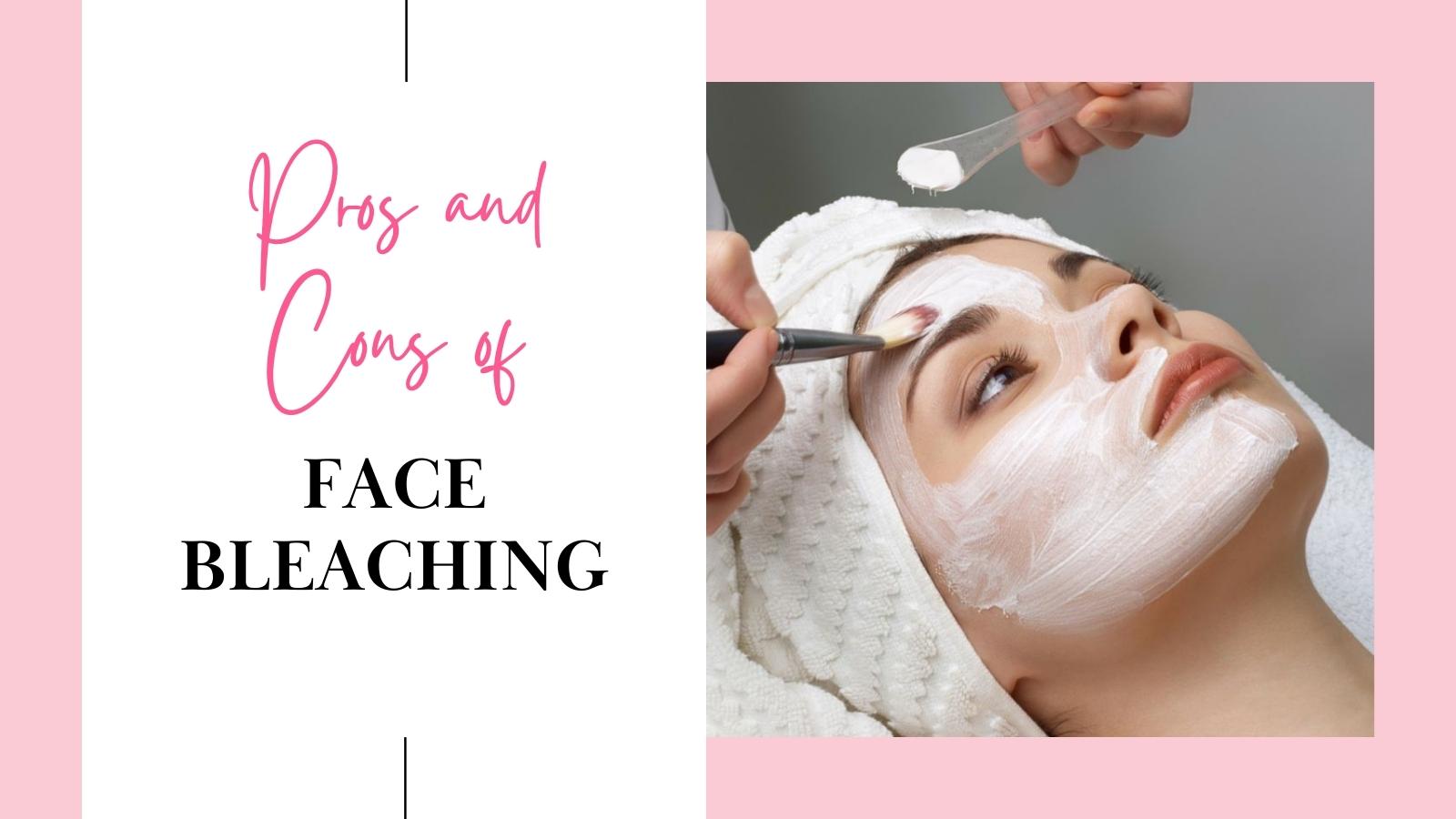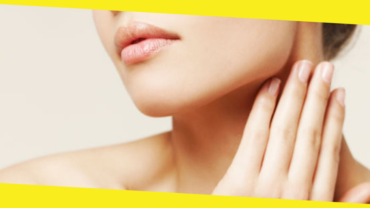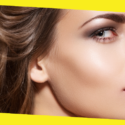Face Bleaching: The Pros and Cons You Should Know
This post was last updated on September 12th, 2024

Everybody wants flawless, glowing and brighter looking skin. Be it a family party or friends’ night out, college event, a date or a marriage ceremony, everyone wishes to look beautiful and bright hence, they go for bleaching their skin in order to get rid of dark spots, dead cells, skin tan, sun damage, dark patches, skin pigmentation for getting lighter, even, smooth and fair looking skin. But bleaching to get clear skin is a temporary skin whitening process that might damage your skin texture and tone.
However, face bleaching has equal advantages and disadvantages depending on the application, frequency of usage and quality of the product. No doubt, bleaching your skin improves the skin tone by whitening the facial hairs, dark spots and freckles but there are other natural and effective skin bleaching home remedies that can give you more fairer looking skin permanently without damaging your skin.
Lemons, potatoes, aloe vera, yogurt, oranges are some of the skin lightening (natural skin bleaching) agents to get glowing and flawless skin. You can use one of the best aloe vera facial gels to get your skin softer and brighter.
Let’s have a brief look on the pros and cons of skin bleaching.
PROS
1. Lightens skin tone
Bleaching helps to lighten your facial hair making them less visible. The usual benefit of face bleaching is lightening the skin tone by reducing the melanin level in your skin. Bleaching removes all the dullness enhancing the skin tone.
2. Glowing skin
Another advantage of bleaching is giving a noticeable glow to the skin. When the skin gets bleached, the tone of the skin gets fairer providing a glow on your face as the upper skin layer gets rejuvenated discarding the dead cells. But bleaching must not be done regularly.
3. Lightens tanned skin
Bleaching more often helps to get rid of sun tanning and dark skin due to sun damage. The tan gets reduced and faded away after using the bleach. The dirt and the dark layer from your skin fades away by regular bleaching. However, this change is not long lasting and even can make your skin little rough.
Recommended: Top 12 Best Face Bleach Créme Brands
4. Reduces blemishes
If your skin has too many blemishes and dark spots you can use bleach to lighten the dark spots and pigmentation as it removes the melanin and dirts clogged in the skin pores and cells. Moreover, many skin face washes and creams have some bleaching content in them too.
5. Texture
After bleaching your skin, the texture of the skin gets enhanced and rejuvenated but for a short period of time as the dead cells, white and black heads gets removed due to bleaching.
6. No facial hair removal
If you’re tired of plucking and removing your facial hairs from upper, lower lips, forehead etc. you can use bleaching creams to lighten the facial hair to get yourself ready to party.
Recommended: Natural Homemade Bleach For Instant Glow
CONS
1. Hydroquinone Chemical Side Effects
Hydroquinone is a common skin bleaching chemical as recognized by FDA. However different skin bleaching creams have different amounts of Hydroquinone in the compound, but any skin bleaching cream more than 2% might cause side effects. The most common side effect of face bleaching is irritation of skin and burning sensation. The itching or stinging effect on the skin should be very mild and temporary. In some reddening of skin is also seen where cream is applied.
2. Skin’s Allergic Reaction
Allergic reactions occur from skin bleaching in many cases resulting in severe itching or burning of the skin. Sometimes the pain might get severe and intolerable unlike mild irritation. Crusting layers on the skin might appear too, as well as swelling of broken skin areas where the bleaching cream has been applied.
3. Mercury Side Effects
Many skin bleaching creams that contain mercury is advised by dermatologists not to be used for long period of time. Mercury can cause poisoning mercury by accumulating in the cells of the face and body leading to adverse health issues.
4. Sun Ray Exposure
After bleaching, it takes maximum time to show complete desired results hence it is usually recommended to avoid sun exposure. But chemicals like Hydroquinone and mercury cause the skin to be hyper-sensitive to the sun rays, so it’s better to wear protective clothing, using SPF 15+ sunscreen when outdoors and scarfs covering the bleached area.
5. Precautions for Peroxide
According to the dermatologists, chemicals like benzoyl peroxide, hydrogen peroxide, or other peroxide compounds should not be used with skin bleaching creams, especially with hydroquinone. The deadly combination of hydroquinone and peroxide can cause temporary dark staining or patchiness on the skin.
6. Pregnancy and Breastfeeding Precautions
Skin bleaching is strictly not recommended during pregnancy and breastfeeding. There’s possible chance of the cream getting into the mother’s bloodstream travelling to the fetus.
7. Proper Usage
Proper usage of skin bleaching creams is very much important as directions should be followed strictly and carefully every time. Skin bleaching creams must be used temporarily, once in a week, thrice in a month. Bleaching cream should not be applied only on the dark spots that need to be removed or lightened as that can lead to skin discolouration and patchiness. Bleaching creams should not exceed more than 15 minutes or as mentioned in the manual.
FAQs
Is face bleaching safe?
Face bleaching has both advantages and disadvantages depending on the quality of the product, frequency of usage, and application. While it can improve skin tone by reducing melanin levels, it can also damage skin texture and tone if not used properly. Additionally, some bleaching creams contain harmful chemicals like hydroquinone and mercury, which can cause skin irritation and allergic reactions.
How often should I use face bleaching creams?
Bleaching creams should be used temporarily, once a week or thrice a month. They should not exceed the recommended time limit, as overuse can lead to skin discoloration and patchiness.
Are there any precautions I should take when using face bleaching creams?
Yes, it is recommended to avoid sun exposure after bleaching, as chemicals like hydroquinone and mercury can make the skin hyper-sensitive to the sun’s rays. Protective clothing and high SPF sunscreen should be used when outdoors. Benzoyl peroxide, hydrogen peroxide, or other peroxide compounds should not be used with skin bleaching creams, especially with hydroquinone, as they can cause temporary dark staining or patchiness on the skin. Pregnant and breastfeeding women should avoid using skin bleaching creams, as there is a chance of the cream entering the bloodstream and affecting the fetus.
You may like this
Recommended For You
8 Steps to Firmer, Healthier Skin on Your Face and Neck
Priyadarshini Muduli
A full time passionate writer with imperishable determination to bring healthy, smart and pragmatic changes individually and socially. Concentrate especially on lifestyle, life and personal improvement, relationships, mental health and behavior, viral issues and literature based subjects.




